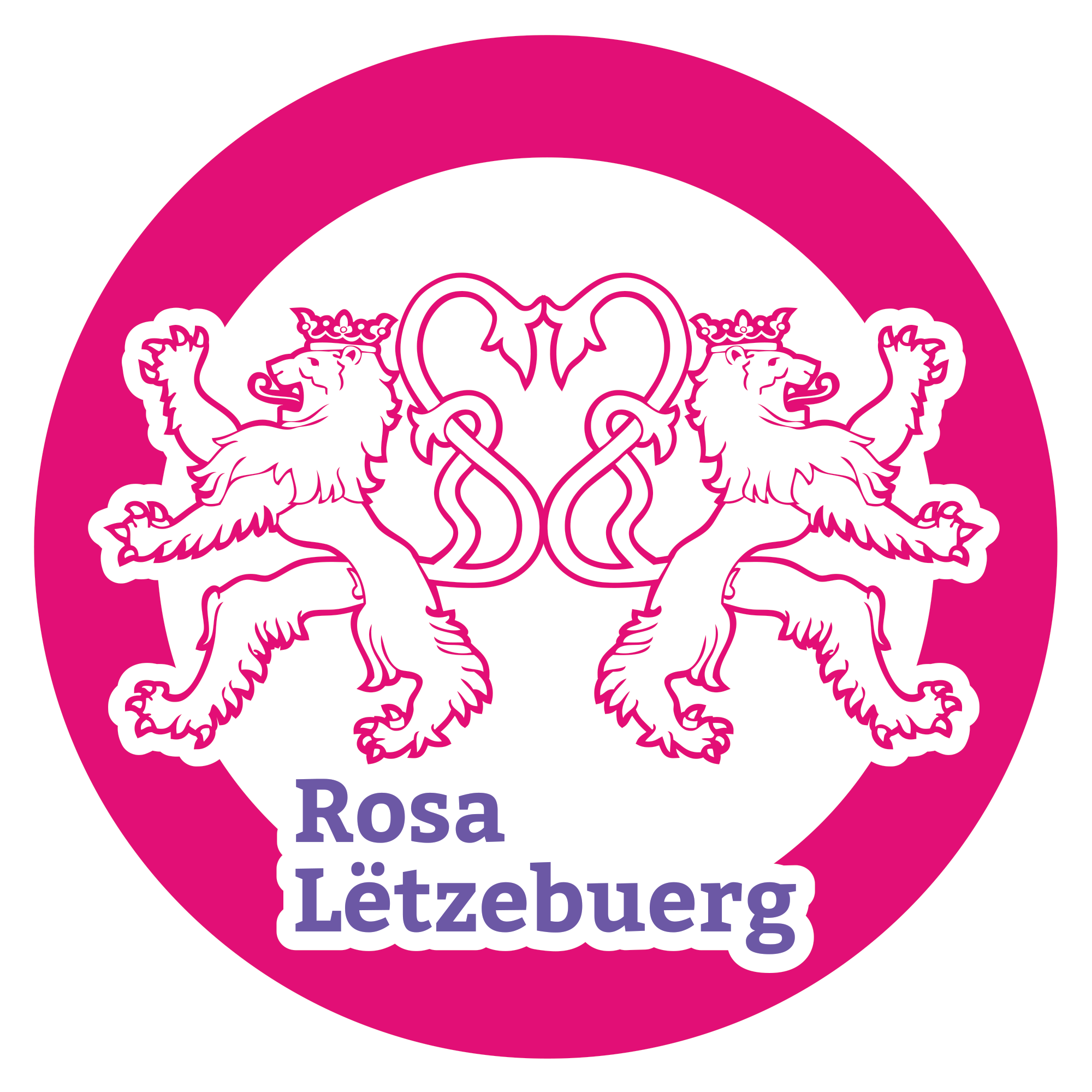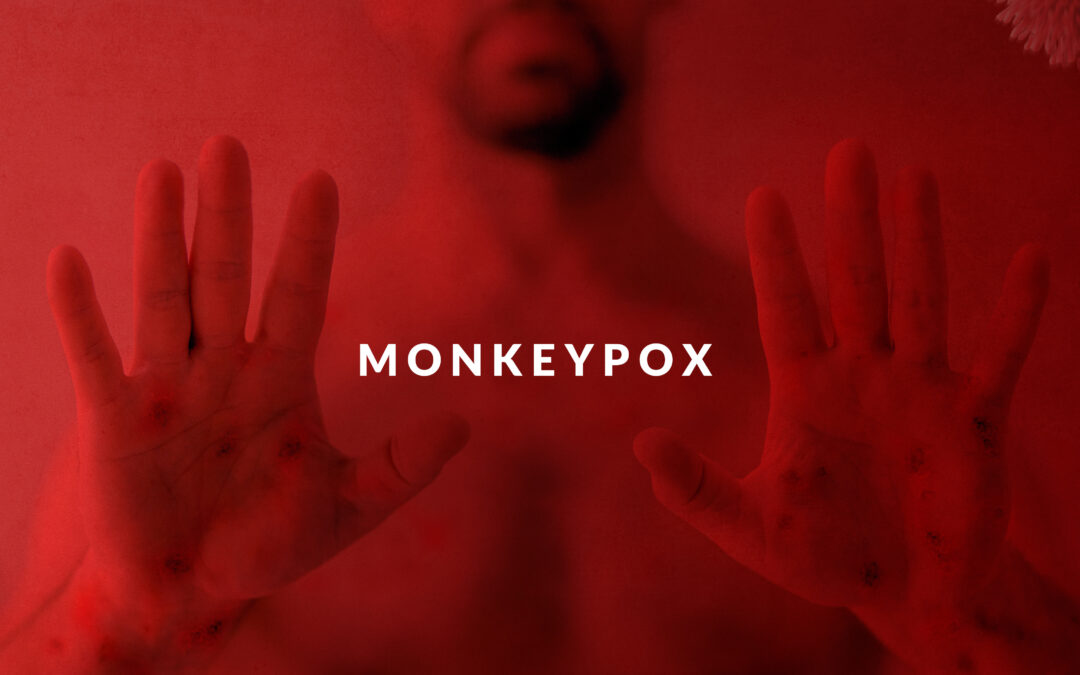As at 08.08.2022
In recent months, the issue regarding monkeypox has become very acute. Even though a virus does not care about a person’s sexual orientation or gender identity, the number of cases is alarming: according to the World Health Organisation (WHO), around 98% of infections affect people from the queer community, mainly men who have sex with men.
Rosa Lëtzebuerg has been working closely in working groups with HIV-Berodung and also with the Ministry of Health to find ways of an effective information campaign. We will continue to fill this page with information.
What is monkeypox?
Monkeypox is a rare viral disease that is usually transmitted to humans through contact with wild rodents or primates in the forest areas of Central and West Africa. It can also be transmitted from person to person in close contact, but the risk is usually lower.
How is it transmitted?
Monkeypox virus can be transmitted from person to person through :
- Direct contact with the skin lesions or mucous membranes of a sick person,
- Droplets (saliva, sneezing, spitting…) during prolonged face-to-face contact,
- contact with objects in the direct vicinity of a sick person (bed linen, bath towels, clothing).
Most of the current cases in Europe probably originate from transmission during sexual intercourse. The risk of transmission is increased in the case of direct contact with rashes or lesions in the area of the anus or genitals. On the other hand, the virus spreads more easily among people who have sex with multiple partners.
How can you protect yourself?
Using condoms during sexual intercourse can protect against many sexually transmitted infections and also reduces the risk of transmission of the monkeypox virus. However, it does not completely protect against infection in the latter case, as contact with an injury can be enough to transmit the virus.
Symptoms
Symptoms include fever, headache, sore muscles, rash and blistering, itching, swollen lymph nodes, chills and fatigue.
What to do if you have symptoms?
Contact the national infectious diseases service:
4, rue Ernest Barblé
L-1210 Luxemburg.
Tel.: 4411-3091
Avoid sexual activity, close contact or sharing of objects and fabrics (clothing, bedding) until monkeypox has been ruled out or the infection has resolved (minimum 3 weeks).
Is there a vaccine against monkeypox?
A targeted vaccination campaign for people at risk is expected to be carried out in August 2022 by the Service national des maladies infectieuses at the Centre hospitalier de Luxembourg. More information on vaccination will be announced on afepouke.lu after the vaccine is delivered to Luxembourg.
0





